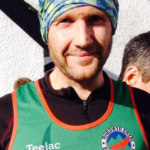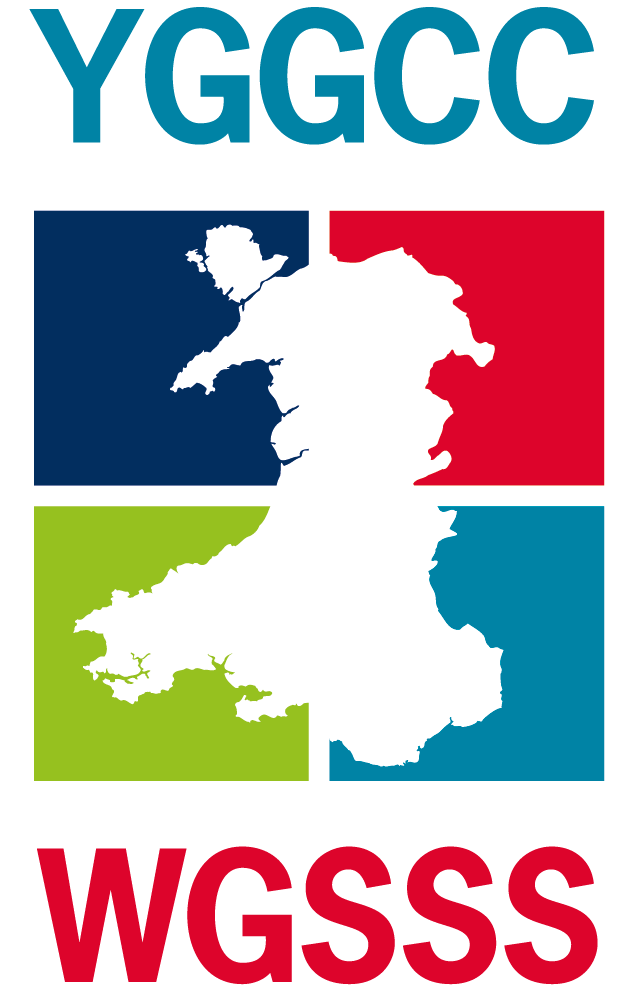
Dr Ross Roberts (ross.roberts@bangor.ac.uk)
School of Psychology and Sport Science, Bangor University

Dr Denise Hill (denise.hill@swansea.ac.uk)
School of Engineering and Applied Sciences, Swansea University

Prof Lynne Evans (LEvans@cardiffmet.ac.uk)
Cardiff School of Sport and Health Sciences, Cardiff Metropolitan University
Overview
The Sport and Exercise Sciences Pathway is built on an inclusive, multi and interdisciplinary application of the social sciences to sport and exercise in society and is embedded within multidisciplinary schools. Contemporary approaches to our field embrace a number of areas of social science research including psychology, philosophy, ethics, sociology, economics, geography and history often in collaboration with research from medical and natural sciences. Thus, postgraduate researchers are exposed to cultural and methodological approaches of disciplines from within and beyond the social sciences, which provides an ideal foundation for the multi and interdisciplinary environments they enter following completion of their PhDs
Environment for doctoral research and training
The three institutions comprising this pathway have well established track records of research excellence. At Cardiff Metropolitan, there are world leading researchers in sport and exercise sociology, and, in common with Swansea University, in sport and exercise philosophy. Along with Bangor University, all three offer outstanding research in the areas of sport and exercise psychology and pedagogy. The pathway capitalises upon the distinctive combined expertise of the partner institutions and the quality, scope and reach of their research (as indicated by the recent REF2021 exercise) to provide rich and stimulating research environments in which doctoral students can flourish.
Each institution offers a vibrant and supportive environment for doctoral research training, where students are afforded considerable opportunities to develop their research skills and career opportunities beyond their subject specific training. In addition, the pathway works extremely collaboratively to provide extra training and support to students funded by the WGSSS, and we facilitate an annual conference for postgraduate researchers studying sport and exercise science across Wales to come together to present their own work whilst also gaining further training and support from institutional and industry-based experts.
Knowledge exchange and careers
A particular strength of this pathway is the proven capacity for collaboration and placements with external partners as evidenced by partnerships with a range of national, international and private sector organisations. These include: the England and Wales Cricket Board; Sport Wales; the Welsh Government; the European Union; England Deaf Athletics; The Rugby Football Union; Swansea City FC, South Wales and Gwent Police and the National Society for the Prevention of Cruelty to Children.
